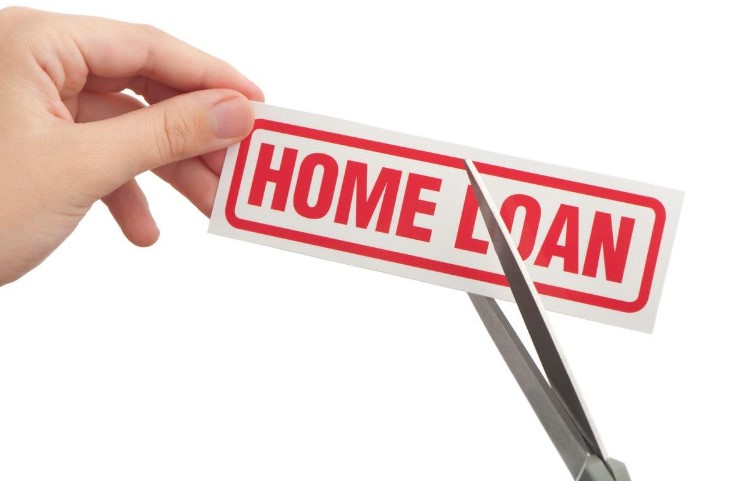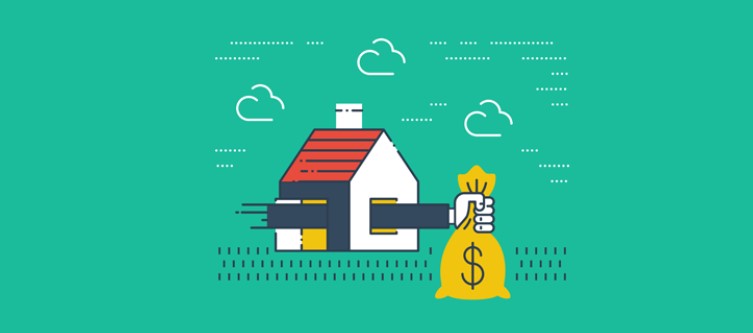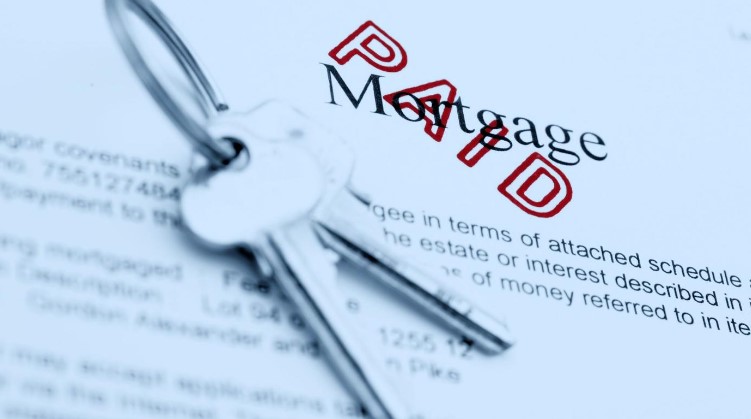
Reaching a point when you want to get rid of your mortgage faster than you want is a crucial option that will eventually provide you peace of mind. That way, you will eliminate the pressure of paying debt and handling interest. At the same time, handling off your home early can boost your cash flow, especially if you are close to retiring.
As soon as you enter here, you will learn everything about the National Credit Union Association.
It does not matter what is your motivation, paying down mortgage before the time will reduce the amount of interest you will handle. It is important to do it, which will help you prevent further budget issues, especially if you are transitioning to a fixed income. That way, you can achieve substantial savings.
Tips for Paying Off Your Mortgage Faster

1. Additional Payments
The first way is to split your monthly mortgage payment in half and make biweekly extras instead. That way, you will make thirteen months of mortgage installments in a single year, saving the interest. The strategy is simple for most household owners, mainly because it will not be noticeable in your budget.
You should consult a servicer or lender to confirm whether it accepts biweekly payments. Most of them will do it. If they do not do it, we recommend you save biweekly and make a single, more significant one. That way, you will achieve the same benefit without the convenience of the lender allowing you to schedule payments.
On the other hand, you can choose another approach: paying an additional amount each month. That way, you can save tens of thousands of dollars throughout the loan’s life.
A small change, such as adding a hundred dollars to a monthly payment to the principal balance, will provide you twenty-eight thousand dollars in overall interest in the next four years.
Suppose you cannot add more to a monthly installment. In that case, you will still not get penalized, but you should talk with the lender to ask whether the amount can apply to reduce the principal, and avoid handling the interest. This strategy may be better than refinancing, but you will not lock in the monthly installment.
2. Refinancing a Mortgage
Refinancing a mortgage is an effective way to change the terms and handle everything easily. It is sensible to do this mainly because shorter terms will come with lower interest rates, and you will save thousands of dollars.
Still, the refinancing costs (mentalitch – refinansiering lån) can be significant, and you will end up with higher monthly installments.
It means you can switch thirty-year to a fifteen-year mortgage, which will ultimately reduce the interest rate while putting you on an early option. Still, handling more significant monthly expenses would be best, which can affect your overall budget.
That is why you should determine whether you can handle a slight increase based on your other expenses.
3. Make Lump-Sum Payment
You may wish to make a lump-sum as soon as you get the unexpected cash flow or financial windfall. Money can come from numerous sources, including tax refunds, work bonuses, inheritance, or funds you earned after selling your valuable belongings.
Therefore, with the mortgage services, you should specify the excess amount that are coming from the principal. Check whether you can do it in the first place and how to do it to avoid paying interest and instead use the money for principal.
4. Recast a Mortgage
Compared with refinancing, you should know that recasting will keep the existing loan you have, while you can deal the lump sum to the principal, which will lead your lender to change the amortization schedule based on a new balance. As a result, you will have lower monthly expenses while the interest rate and term will remain the same.
The best thing about recasting is that you do not have to pay significant fees for refinancing. At the same time, you will get a lower interest rate if you keep it. In most cases, recasting fees will go between two hundred and three hundred dollars, but you should talk with the lending institution beforehand.
However, if you get a higher interest rate, we recommend refinancing.
5. Loan Modification
Suppose you have unaffordable mortgage installments you wish to handle, which will help you handle everything off faster. In that case, you should consider a loan modification. It is the perfect solution for people experiencing financial issues because it will allow you to adjust the loan term and interest rate to reduce monthly expenses.
However, with this option, you can save interest and repay the loan faster. You may have some credit consequences depending on whether your lender reports it to credit bureaus. That is why you should talk with a lender before making your mind.
Can You Repay the Mortgage Faster?
Remember that you can repay the mortgage in most cases without suffering significant penalties, but you should understand a few things beforehand.
First, you should talk with a loan officer to determine whether your current option comes with a prepayment penalty. If that is the case, you must spare an additional fee each time you make an off-scheduled installment.
That will affect the amount you must spare, meaning it will not be worthwhile eventually. Another important consideration is to determine whether you will get restrictions for making extra installments. Some loans feature terms that will encourage people to make additional payments, while you should ensure whether the amount goes to interest or principal.
Should You Do It?
Choosing whether you should handle your mortgage faster depends on numerous factors, including the interest rate of your current loan and other factors, such as your financial situation.
It would be best if you started with the opportunity expenses, meaning you may end up sparing money you wanted to invest in a retirement fund into a mortgage, which will affect your situation. However, investing your money may provide you higher return on investment. At the same time, you will save money on interest by repaying faster.
If you are sure that you would spend the additional money in case you do not use it for mortgage purposes, then you should make an extra installment. That way, you will ensure to become mortgage-free faster than previously agreed, which is vital to remember.
Generally, you will need additional money you can use for emergencies. Therefore, you should first set the amount you need in case of potential problems. We recommend you avoid using the same money for additional mortgage options. Instead, it would be best to keep it in case of a crisis.
Since the rates are low, holding it while investing your money in other means that will provide you with higher ROI is better overall. You can find a wide array of mortgage payoff calculators that will help you determine the amount you will save by sparing extra money towards the principal.
Check out this link: http://www.imbf.co/ to visit an official website of the International Mortgage Broker Federation.
Things to Expect After Paying Off a Mortgage

The first thing you will receive is paperwork. Therefore, you can expect relevant documents essential for the ending.
- Canceled Promissory Note – This note is a statement that someone promises to pay a specific thing, in this case, a mortgage. In some situations, you will not receive this document, but you should get other proof that you repaid the loan.
- Mortgage Deed – When it comes to deed, is an official document showing that your lender has a partial right to your household if you stop paying. This is a document a loan officer may not send you directly at home. Instead, they will send it to the government office, where the deeds will remain. In both cases, you should talk about it beforehand.
- Certificate of Satisfaction – The local records or office will provide you a certificate of satisfaction as soon as the lender offers relevant documentation that you paid everything off. You may have to pay between twenty and fifty dollars for the service, but you will get a document that will provide you peace of mind.
- Final Mortgage Statement – Final mortgage statement will highlight that you do not own anything, which is one of the most important documents after repaying everything. It is proof that you completed the payment, which is why you should keep it.
- Payoff Letter – Finally, the loan officer will send you an official letter stating that you have finished paying your loan.


